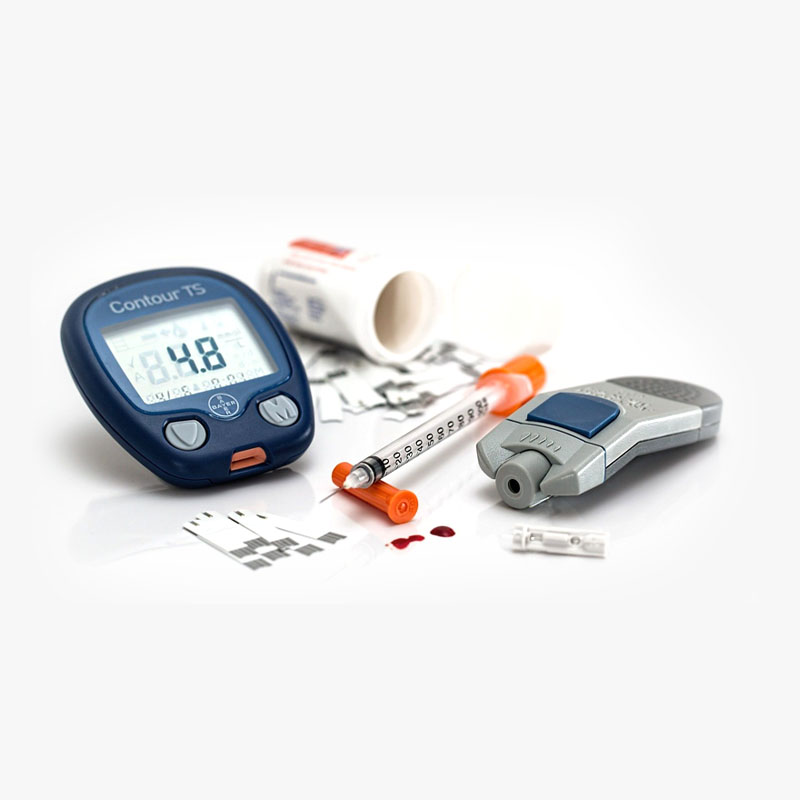Here’s a detailed overview of their structure, services, and benefits:
Key Features of a Diabetes One Stop Center:
Multidisciplinary Team:
Endocrinologists: Specialists in diabetes management.
Dietitians/Nutritionists: Personalized meal planning and dietary guidance.
Diabetes Educators: Teach self-management skills (e.g., blood glucose monitoring, insulin administration).
Podiatrists: Foot care to prevent ulcers and neuropathy complications.
Ophthalmologists: Regular eye screenings for retinopathy.
Mental Health Professionals: Counseling for stress, depression, or anxiety related to chronic disease management.
Nurses/Pharmacists: Medication management and insulin titration.
Core Services:
Diagnosis & Monitoring: HbA1c tests, glucose tolerance tests, continuous glucose monitoring (CGM).
Treatment Plans: Tailored medication regimens, insulin pump therapy, and lifestyle interventions.
Preventive Care: Vaccinations, kidney function tests, cardiovascular risk assessments.
Technology Training: Education on using CGMs, insulin pumps, or diabetes management apps.
Pharmacy Access: On-site prescriptions and diabetes supplies (e.g., test strips, insulin).
Benefits:
Convenience: Reduces the need for multiple appointments at different locations.
Holistic Care: Addresses physical, emotional, and social aspects of diabetes.
Early Complication Detection: Regular screenings prevent severe issues (e.g., amputations, vision loss).
Improved Adherence: Continuous support and education enhance patient self-management.
Cost-Effectiveness: May lower long-term healthcare costs by preventing hospitalizations.
Diabetes One Stop Centers empower patients to manage their condition effectively while fostering a collaborative approach to long-term health.



